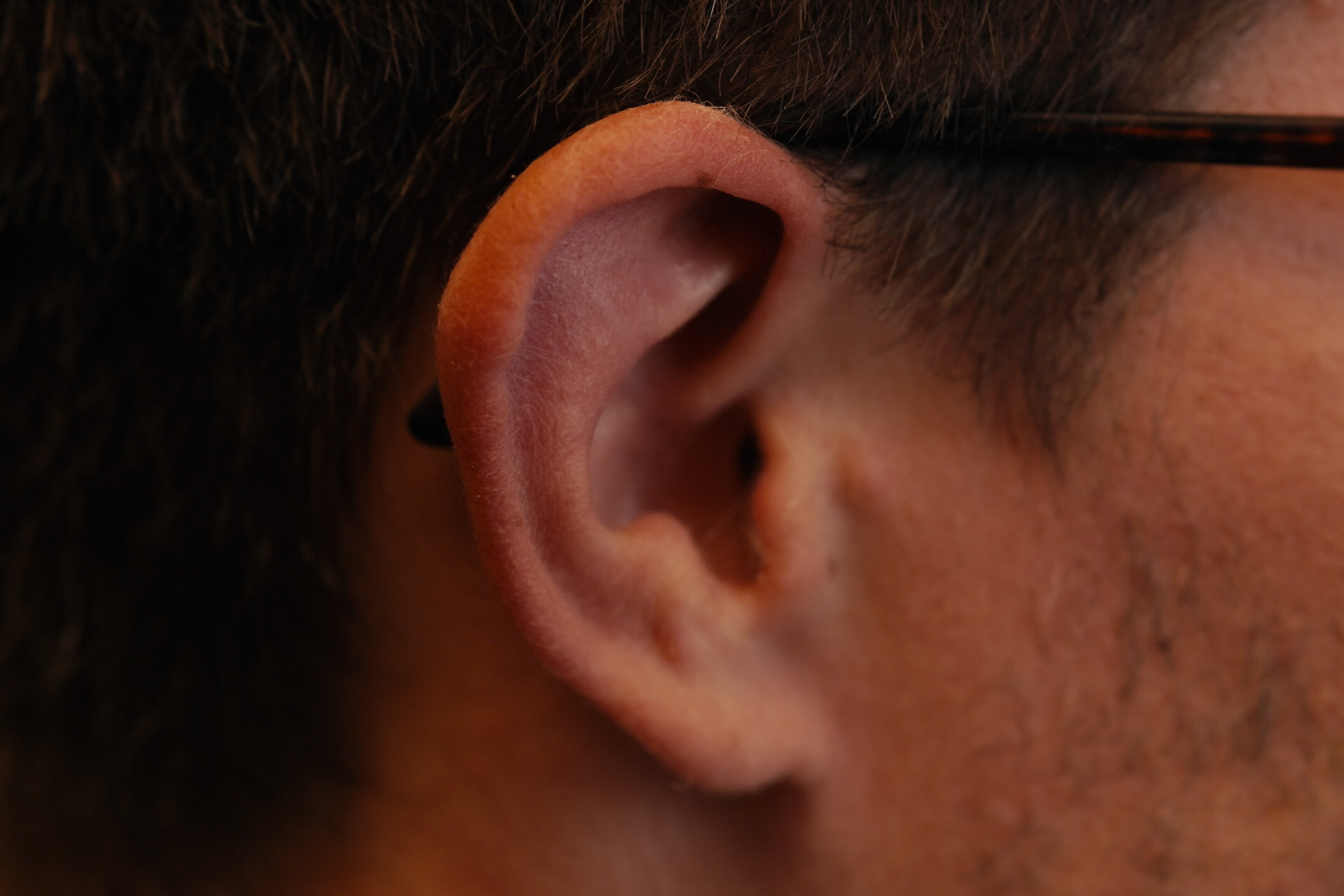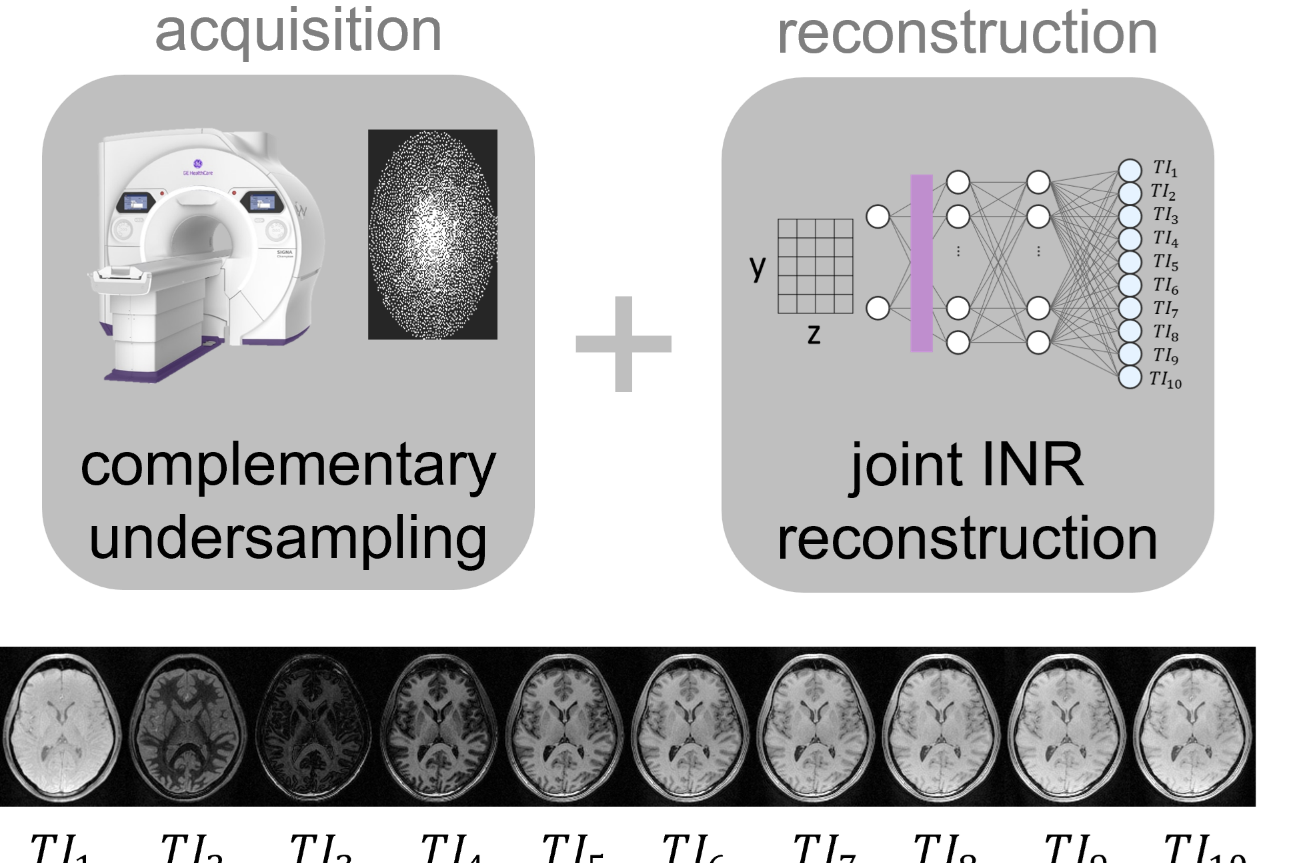🦻Hearing Loss and Dementia: A Silent Link with Loud Consequences
PREDICTOM clinical study has now been launched. The study is recruiting healthy people who are based in UK, Norway, Spain, Geneva, Germany, France and Brussels. Are you interested in our study? Are you uncertain about the tests involved? Why do we have these tests? Are they able to detect early-signs of dementia? To take you insde our study, explore the different tests and methods involved, we will publish a series of news articles dedicated to the PREDICTOM clinical study. In the first article of the series, we are presenting the hearing test.
A growing body of research shows that hearing health plays a vital role in protecting brain function and addressing hearing loss may be one of the most effective ways to reduce dementia risk. According to the 2024 Lancet Commission, hearing loss may account for 7% of dementia cases worldwide. That’s more than diabetes, high blood pressure, or physical inactivity. This means that, if hearing loss were eliminated, we could theoretically prevent 7% of dementia cases worldwide—a larger share than several other well-known risk factors.
Why Does Hearing Matter for Brain Health?
Experts explain that when we struggle to hear, our brain has to work overtime just to make sense of sounds. This “cognitive load” drains mental energy that would otherwise be used for memory, decision-making, and problem-solving. Over time, this can reduce the brain’s resilience—known as cognitive reserve —making it more vulnerable to dementia.
Hearing Loss Can Lead to Isolation
Hearing difficulties often cause people to withdraw from social life. Conversations become frustrating or embarrassing, leading many to avoid gatherings, meetings, or even phone calls. Studies show that older adults with hearing loss have up to 8.7 times higher risk of social isolation—a known contributor to cognitive decline.
Social engagement is vital for keeping the brain active. When hearing loss reduces interaction, the brain misses out on stimulation that helps it stay sharp.
Misdiagnosis Is a Real Risk
Most dementia screening tests rely on verbal instructions. If someone can’t hear clearly, they might score poorly—not because of memory problems, but because they didn’t understand the task. This can lead to false diagnoses or exaggerated severity of dementia.
Experts recommend screening hearing before cognitive testing, and using visual aids or written prompts to ensure fair assessments. Alternatively, using cognitive tests adapted to individuals with a hearing loss could also be an option.
Why Aren’t Hearing Tests Standard in Dementia Care?
Surprisingly, hearing checks are not yet routine in memory clinics. Audiology and dementia care are often handled separately in healthcare systems. But that’s changing.
The PREDICTOM study is leading the way by integrating hearing tests into dementia risk assessments. Participants first take a simple at-home hearing test, followed by a clinical evaluation if they are invited for further dementia tests. If hearing loss is detected, they will receive recommendation from the at-home hearing test.
The hearing tests in PREDICTOM study is contributed by GN Group Hearing Division, led by Sigurd Brandt. Their contribution will expland the evidence on the correlation between hearing loss and dementia.
What Can You Do?
Get your hearing tested, especially if you're over 60 or notice changes.
Use hearing aids or hearing strategies if recommended—they don’t just improve hearing, they may protect your brain.
Stay socially active—even small interactions help keep your mind engaged.
Talk to your doctor about hearing as part of your overall brain health.

Sigurd Brandt, Medical Director from GN Hearing




